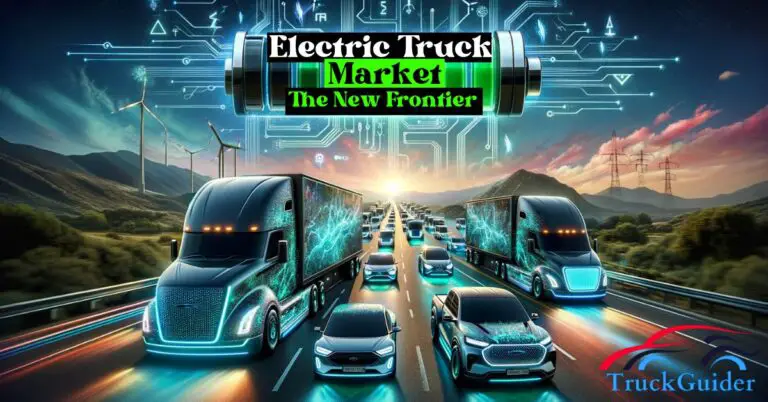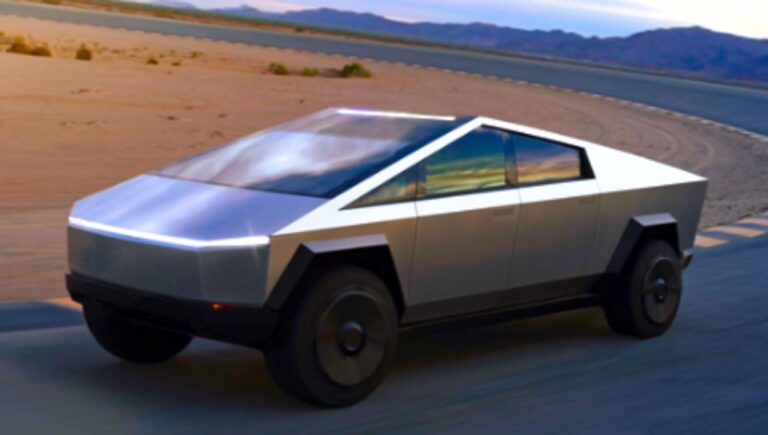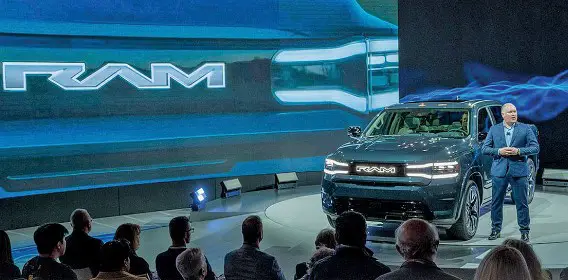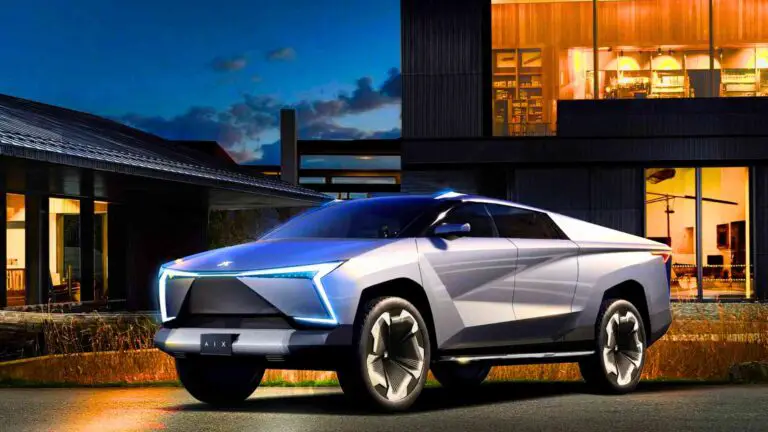Electric Heavy Lorries: The Future of Long-Haul Transportation
The transportation industry is witnessing a paradigm shift with electric heavy lorries poised to overtake hydrogen trucks as the go-to choice for long-haul journeys. This transition is underpinned by significant technological advancements, cost-effectiveness, environmental considerations, and robust government support.
The Advantages of Electric Lorries over Hydrogen Trucks
Cost-Effectiveness:
Electric lorries offer a more economical solution in comparison to hydrogen trucks. They are not only cheaper to purchase but also benefit from lower operating costs. This is due to the generally lower cost of electricity versus hydrogen fuel and the reduced maintenance requirements stemming from fewer moving parts.
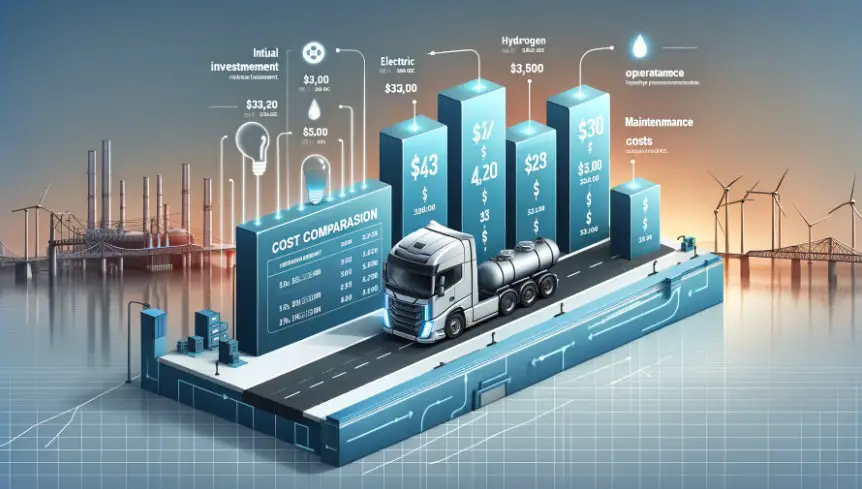
Improved Range and Infrastructure:
A notable advancement in electric vehicle technology is the extended range of electric lorries. Modern batteries allow for longer distances without the need for frequent stops to recharge. Coupled with this, the expansion of fast-charging stations along key routes is alleviating previous concerns over the viability of electric lorries for long-haul journeys.
Environmental Impact:
Electric lorries are emerging as a more sustainable alternative, producing zero tailpipe emissions. This is a crucial factor in the global endeavor to reduce air pollution and greenhouse gas emissions, aligning with broader climate change mitigation strategies.
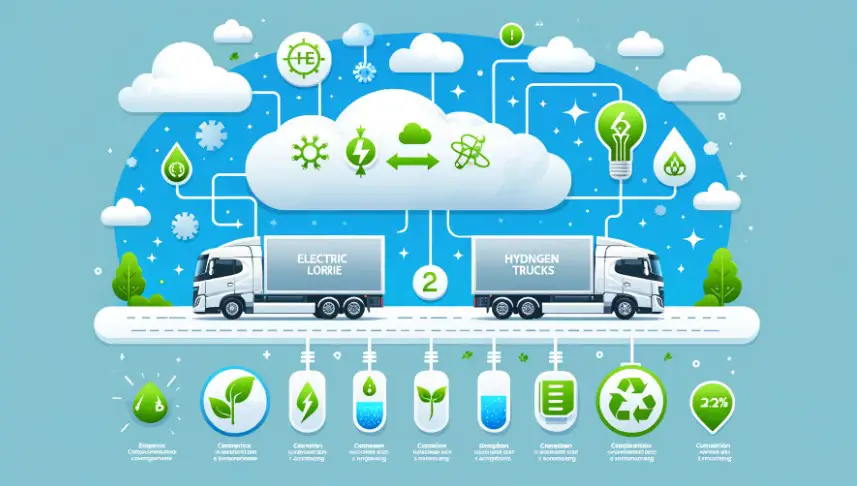
Technological Progress:
The rapid evolution of electric vehicle technology has led to more efficient, reliable, and capable electric lorries. These vehicles are now better suited to handle the demands of long-haul transportation, thanks to ongoing improvements in battery performance, charging times, and overall vehicle design and efficiency.
Government Incentives:
Governments around the world are playing a pivotal role in the shift towards electric vehicles. Various incentives, including tax credits, grants, and subsidies, are being offered to accelerate this transition, further propelling the adoption of electric lorries.
The Transition in Europe and Beyond
In Europe, the transition is particularly pronounced, with a study indicating that by 2030, 63% of new lorries sold are expected to be zero-emission, predominantly electric. This shift is also evident in operational choices, as seen in Norway where food wholesaler Asko has been experimenting with both hydrogen and electric lorries. Despite some operational challenges with hydrogen trucks, electric lorries have shown greater promise in terms of availability and performance.
Challenges and Considerations
While electric lorries are surging ahead, hydrogen trucks may still hold advantages in specific scenarios, such as extremely long-distance travel without breaks, in remote areas, or for transporting unusually heavy loads. Furthermore, electric trucks benefit from technological developments in the electric car industry, particularly in battery and charging technologies.
Conclusion
The future of long-haul transportation is increasingly electric. With their cost-efficiency, extended range, environmental benefits, rapid technological advancements, and strong government support, electric heavy lorries are set to dominate the market. As the world leans towards sustainable solutions, electric lorries are not just an alternative but a necessity in shaping a cleaner, more efficient transportation landscape.


